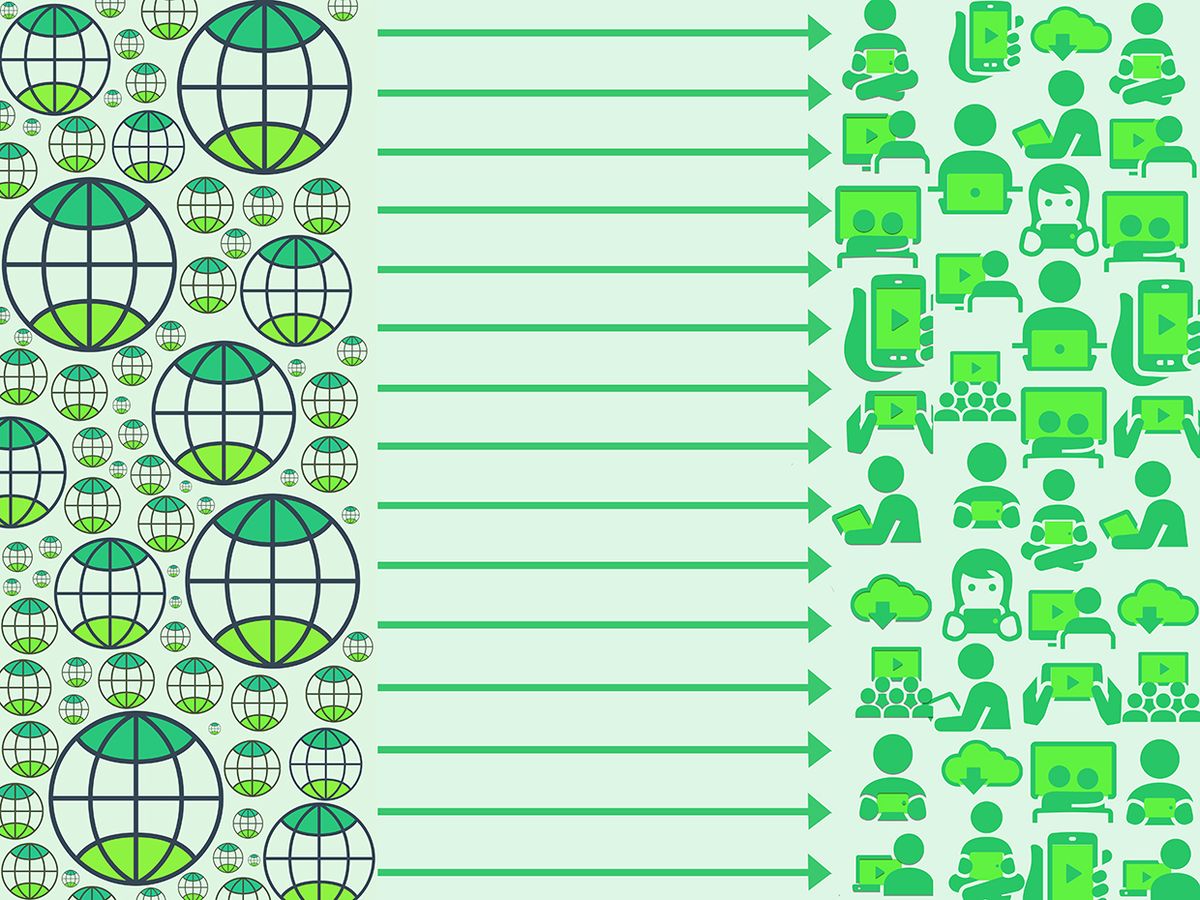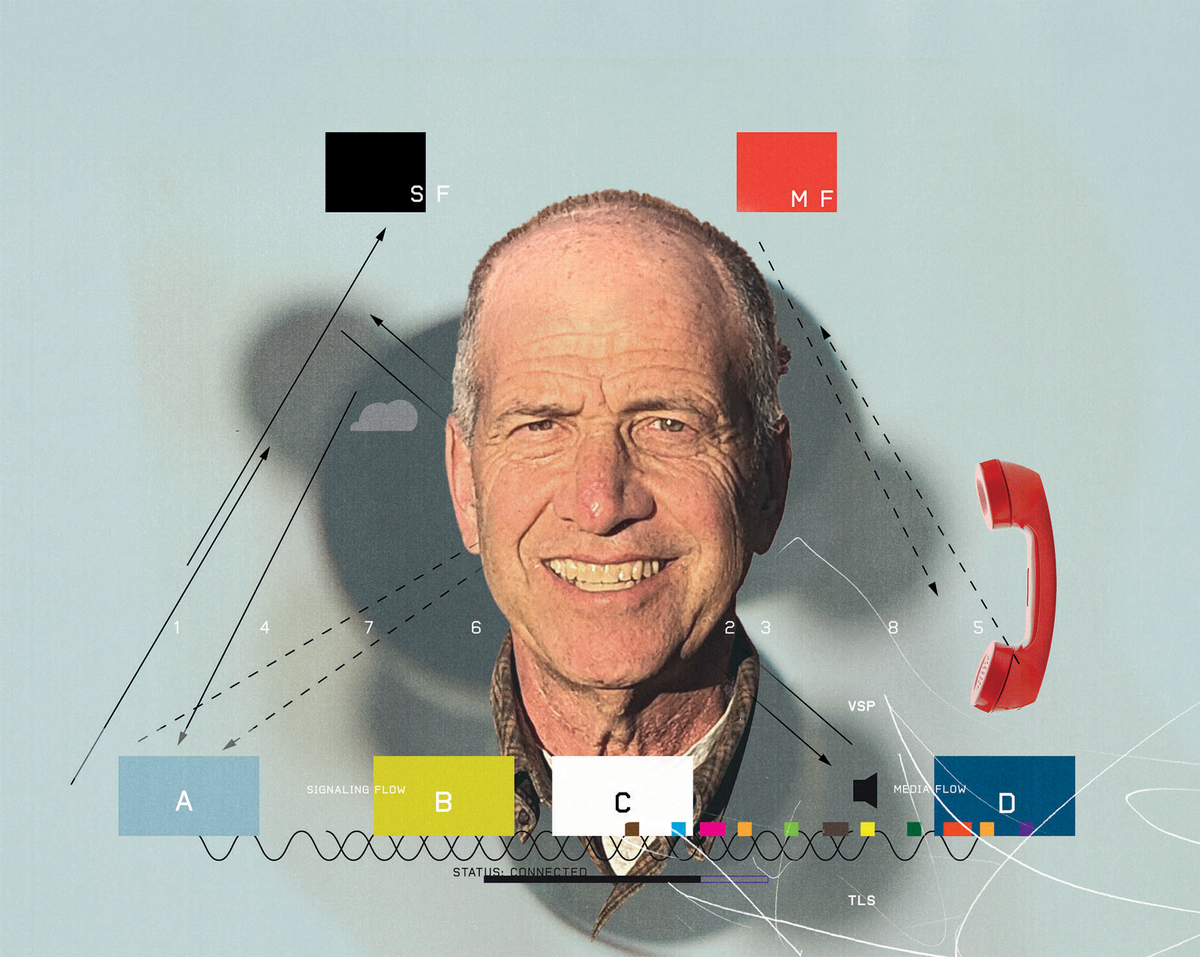This is a guest post. The views expressed in this article are solely those of the blogger and do not represent positions of IEEE Spectrum or the IEEE.
In the first decades of the 20th century, telecom regulation arrived late. Facing significant competition from “independent" telephone companies, AT&T lost 50 percent of its market share once its patents expired. To stifle the competition, AT&T blackmailed its independent rivals—AT&T would never interconnect with them unless they were acquired by AT&T.
As a result, many customers needed two different phones—one for AT&T, and one for their local independent telephone company. AT&T's market share increased to 89 percent by acquiring its rivals until this absurd situation was solved by imposing mandatory interconnection through regulation in 1935.
Fast forward to 70 years later. Similar to AT&T's historical long-distance network, the Internet has become today's most important network. But, because the Internet is based on public protocols, it's difficult for any one company to control. Since its inception, it has operated under “network neutrality," which means the order of arrival of information packets is not disturbed by telecom and cable companies.
The dynamic changed in 2005, when AT&T officially declared its intent to kill network neutrality in order to “create a new revenue stream." AT&T wanted to create two lanes—a priority lane for which content and applications providers would pay extra, and a “slow" lane for the rest. Information from companies that did not pay would arrive later to customers. All other Internet service providers (ISPs) said they would do the same.
Under paid prioritization, all residential customers would have their Internet choices determined by the ISPs and not themselves. With no competition-based solution, regulation was the only solution. After 10 long years of proceedings, in 2015, the FCC passed rules formalizing the existing de facto network neutrality. These rules were upheld by the Appeals Court in 2016.
Unfortunately, tomorrow the FCC, heavily influenced by ISP lobbyists, will formally kill network neutrality and usher in the era of paid prioritization. Killing network neutrality is a disaster that will have long and deep negative effects on the U.S. economy, the tech sector, and economic growth.
First, it will hobble innovative small and new technology companies that, unable to pay the fees demanded by ISPs, will be put in the slow lane. These companies are the engine of growth for the economy, and the new difficulties they will face will slow the growth of the technology sector, and therefore of the entire economy.
Second, without network neutrality, consumers will see a distorted image of the true Internet—one that corresponds to whoever paid to be in the fast lane. Consumers' choices will be diminished and distorted.
Third, without network neutrality, news organizations that do not pay for prioritization will have their news arriving to readers with delays. The level playing field in news will be forever gone.
Is there any bright side to abolishing network neutrality? Yes, but only if you are an ISP shareholder. Telecom and cable companies will make more money. But the extra ISP profits pale in comparison to the profit losses that abolishing network neutrality will cause to the high technology sector and overall U.S. economic growth, as well as the loss of choices to consumers. The negatives far outweigh the benefits, as shown in academic studies such as Network Neutrality on the Internet: A Two-sided Market Analysis [PDF], and The Economics of Network Neutrality [PDF].
But the FCC, instead of relying on these studies, looked only at whether ISPs' investment will grow if net neutrality is killed. The FCC ignored the benefits of network neutrality to consumers and to content and applications companies that send information through the Internet, as well as the positive impact of net neutrality on economic growth.
Unfortunately, today's FCC serves as a perfect example of the definition of “regulatory capture." It has put the profits of the industry it regulates above the public interest.
Nicholas Economides is a professor of economics at New York University's Stern School of Business, where he studies networks, platforms, e-commerce, and public policy. He has published a number of peer-reviewed articles about net neutrality and testified in support of it before the U.S. Congress in 2015.



